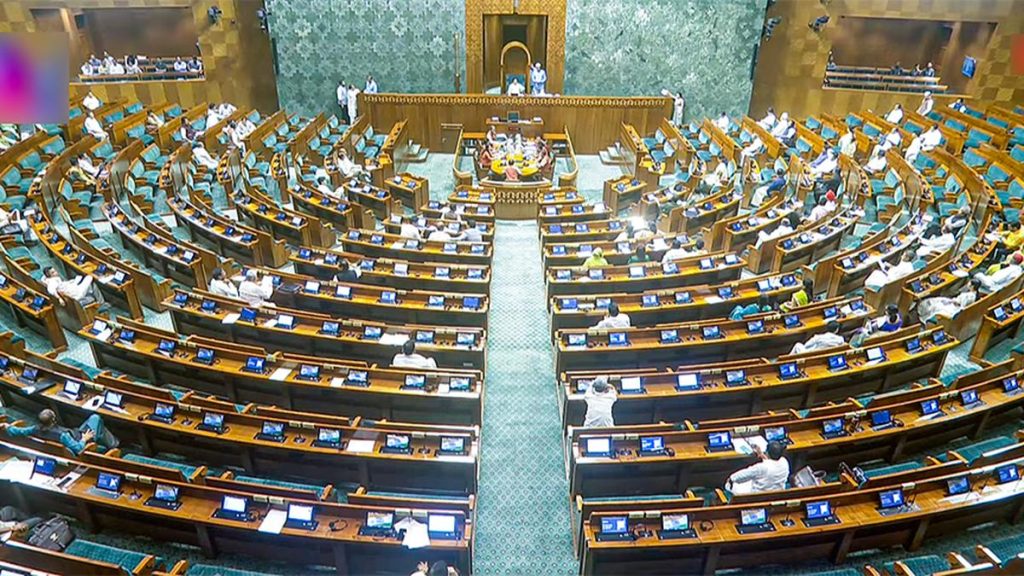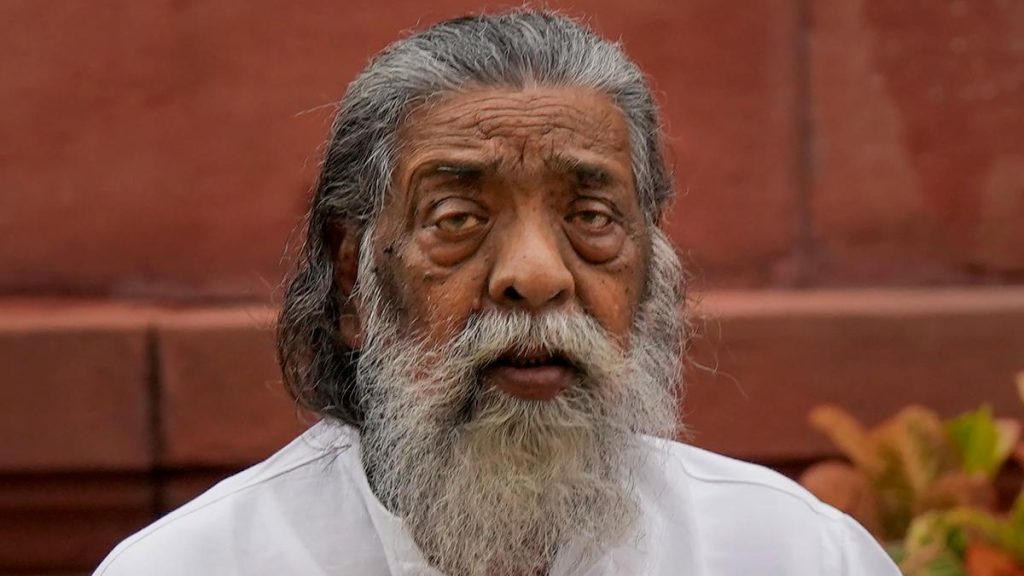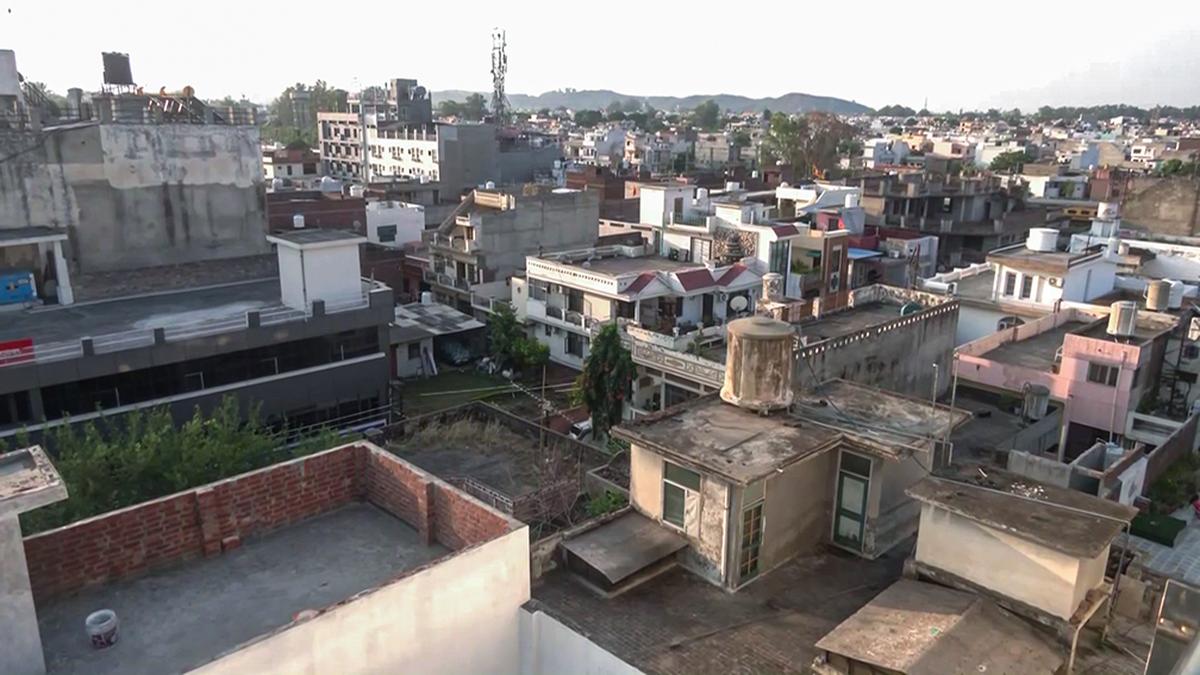Now Reading: Cannes 2025: Anticipated Premieres and Oscar Buzz
-
01
Cannes 2025: Anticipated Premieres and Oscar Buzz
Cannes 2025: Anticipated Premieres and Oscar Buzz

Speedy Summary
- the 78th Cannes Film Festival runs from May 13 to 24, showcasing a wide array of international cinema.
- indian director Payal Kapadia returns as a jury member after winning the Grand Prix last year for All We Imagine As Light.
- Cannes has established stronger connections with awards season; four of the last five Palme d’Or winners received Oscar nominations.
- This year’s lineup includes both veteran filmmakers (Wes Anderson, Jafar Panahi, Dardenne brothers) and emerging voices (Mascha Schilinski, Carla Simón).
- One-third of films in competition are directed by women-a notable milestone toward gender parity, including Julia Ducournau’s NEON-backed Alpha set during the AIDS crisis.
- India features prominently: Neeraj Ghaywan’s Homebound,backed by Dharma Productions and executive-produced by Martin Scorsese,premieres in Un Certain Regard. Satyajit Ray’s restored classic Aranyer Din Ratri screens in 4K with Sharmila Tagore present.
- Additional Indian highlights include a Kolkata-based short film (A Doll Made Up of Clay) showcased at La Cinef and Bollywood stars Alia Bhatt and Aishwarya rai Bachchan attending.
- Out-of-competition slots include Spike Lee’s Kurosawa-inspired Highest 2 Lowest and Tom cruise’s Mission: Impossible – The Final reckoning.
- Industry discussions will address concerns over proposed U.S. tariffs on foreign films amidst trends like theatrical decline and streaming wars.
Indian Opinion Analysis
Cannes’ increasing integration into global awards circuits is notable for India’s evolving cinematic presence at international platforms. This year sees a marked improvement in portrayal with Neeraj Ghaywan’s highly anticipated feature backed by an acclaimed producer like Martin Scorsese-a testimonial to Indian directors expanding their global footprint. Coupled with iconic appearances such as Satyajit Ray’s timeless classics restored for modern audiences, India’s contributions cater both to mainstream attention through Bollywood glamour and intellectual cinema reflective of its rich cultural heritage.
While gender parity initiatives signal progress on inclusivity within global filmmaking communities-exemplified this year by one-third women-directed entrants-India must consider how local narratives align with these trends across contests internationally.Furthermore, potential U.S.-imposed tariffs on foreign productions reflect uncertainties that could indirectly impact collaborative ventures vital for Indian filmmakers seeking co-production opportunities abroad.
In sum, Cannes 2025 reinforces India’s growing foothold within transnational cinematic ecosystems while posing broader questions about industry sustainability amid geopolitical shifts and changing viewer dynamics globally.
























